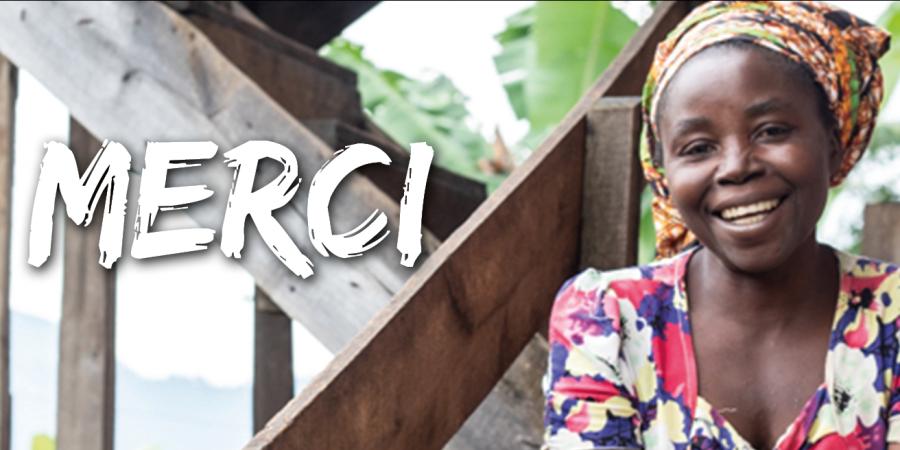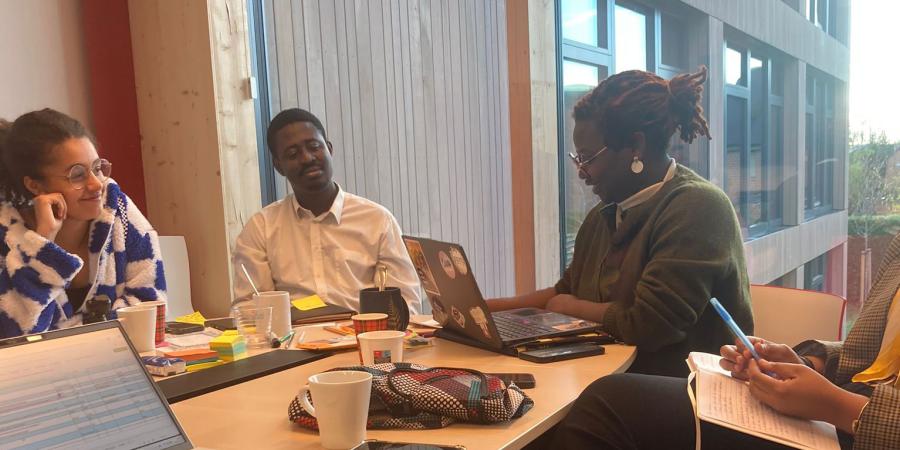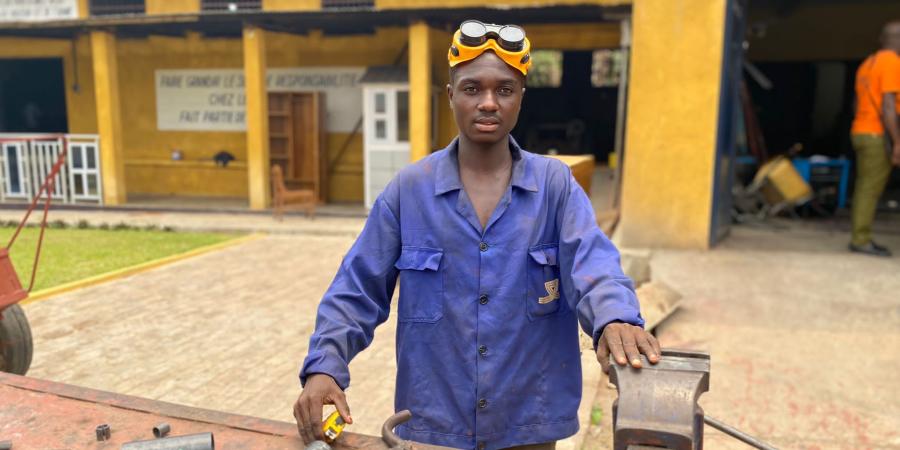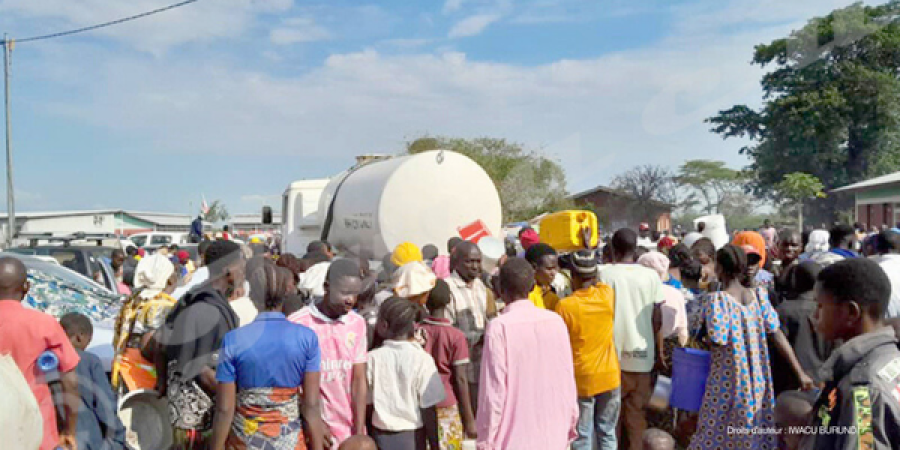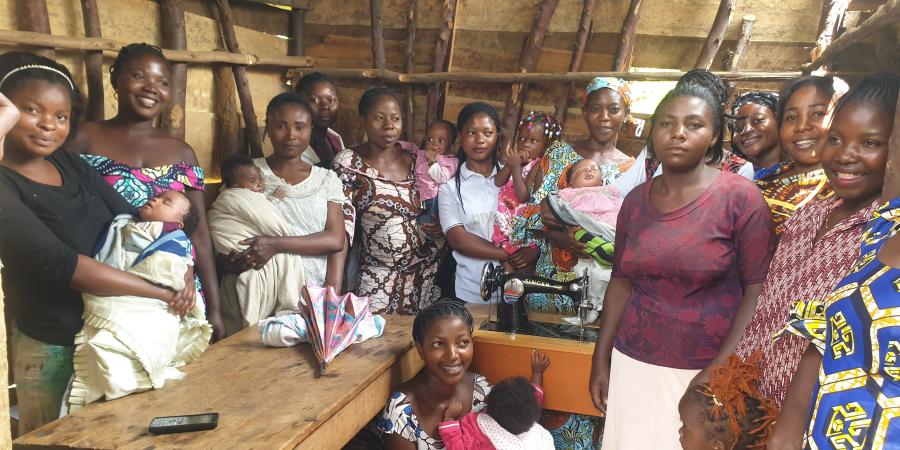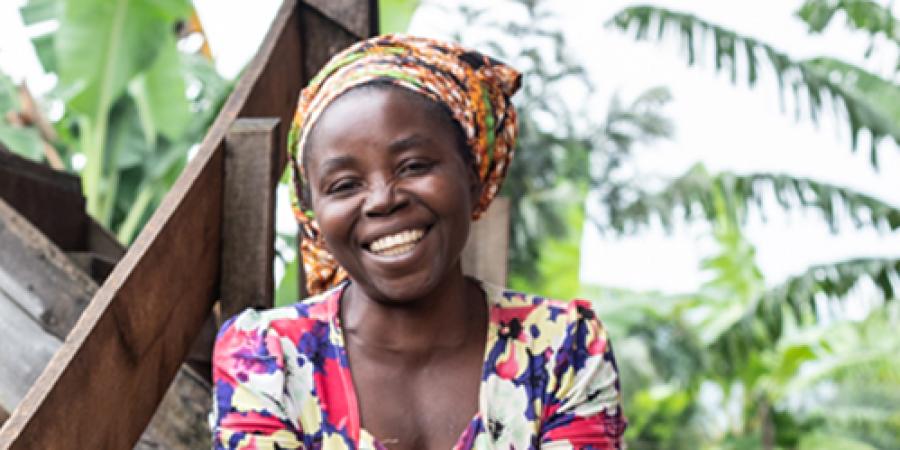Protect biodiversity, to preserve food security
Protect biodiversity, to preserve food security
As the academic year draws to a close, we share with you some of the results and successes achieved on the ground by our teams and partners in 2022. During this period, the successful launch of our new 2022-2026 development programme has been at the centre of our concerns, in our desire to relentlessly pursue the construction of a sustainable, equitable and united world.
In Burundi, we are running a brand new programme, with the support of the European Union. It aims to strengthen civil society organisations and support them in developing activities linked to the protection of biodiversity and natural resources, the local environment and sanitation. Olivier Baltus, an agronomist specialising in natural resource management, has volunteered his expertise to this project. He tells us all about it.
In Burundi, a densely populated country, natural resources are under considerable pressure, leading to massive soil erosion and the drying up and cultivation of the last marshland areas. Protecting biodiversity also means preserving - and restoring where necessary - ecosystem services that enable sustainable agricultural production and play a role in regulating flooding. This also helps to prevent exacerbated problems of food insecurity, which can create serious tensions between communities.
The State has a vital role to play in addressing this issue, but so do civil society associations. Louvain Coopération's project aims to strengthen the latter in the areas of sustainable management of natural resources and environmental protection through training, their structuring into networks, their support in implementing concrete projects and the development of advocacy to present to the authorities.
This project is designed to help civil society organisations to play a key role in tackling this issue.
As the leader of a consortium of 6 partners (2 Belgian and 4 Burundian), Louvain Coopération is expanding its activities in this highly complementary field to those of health and food, in which its expertise is recognised.
![]() In 2022, 5,000 farmers have benefited from a sustainable land irrigation system.
In 2022, 5,000 farmers have benefited from a sustainable land irrigation system.

